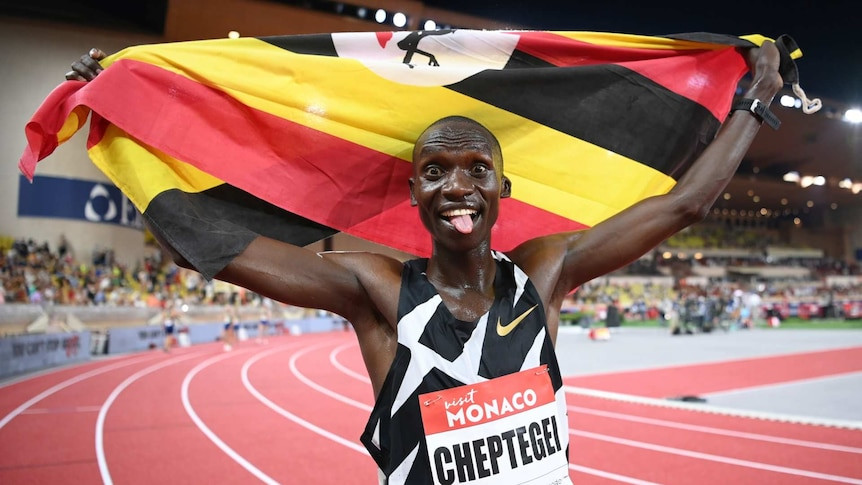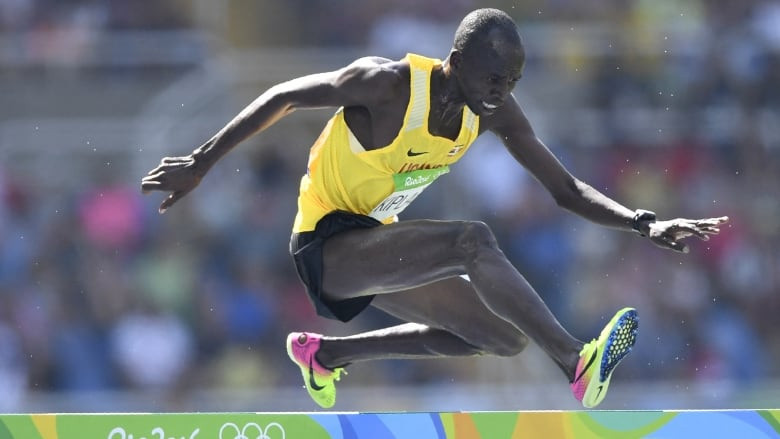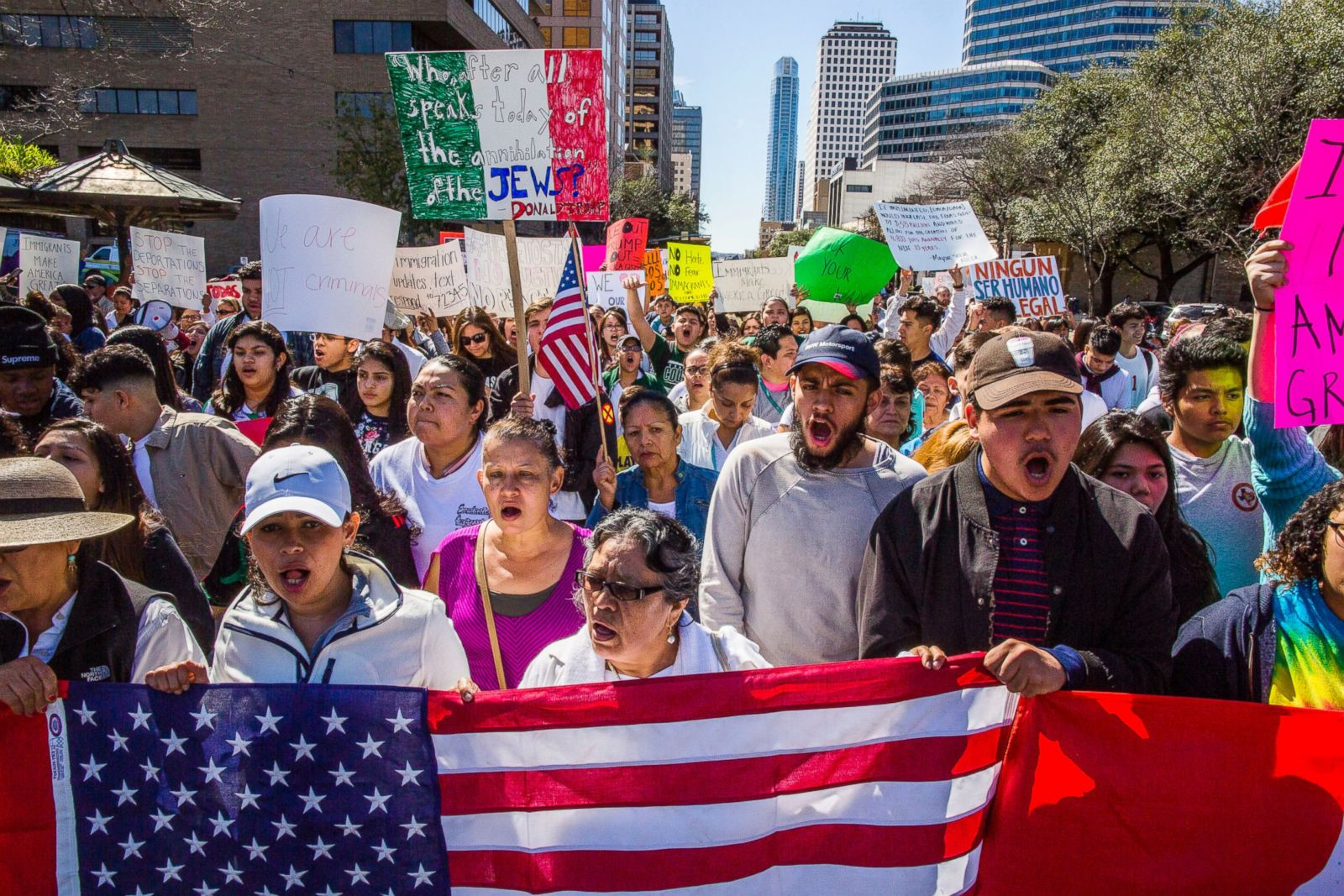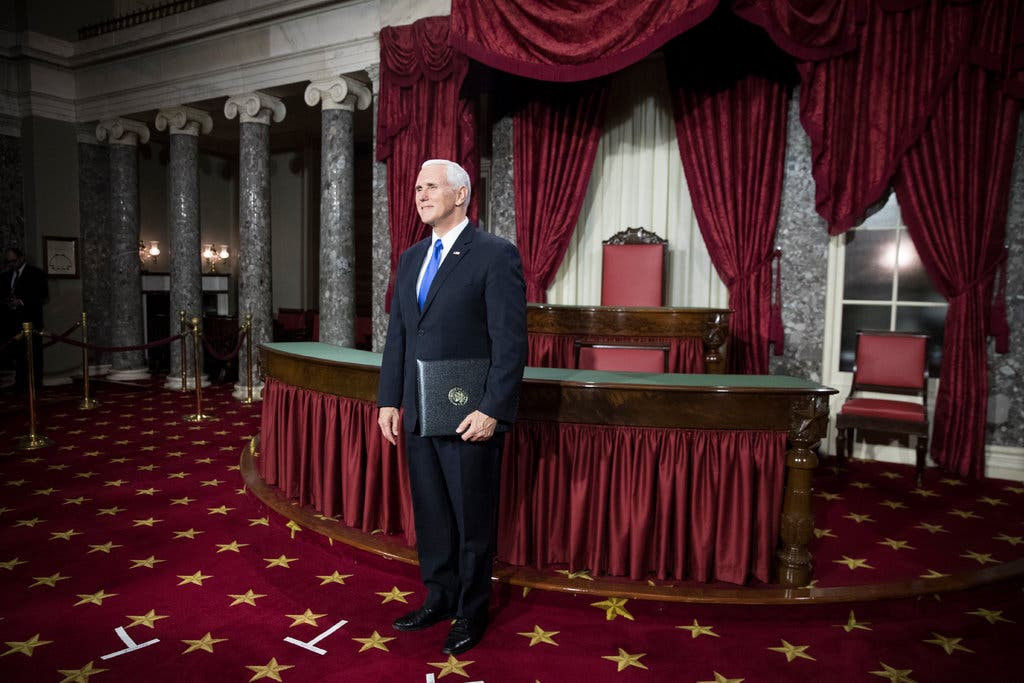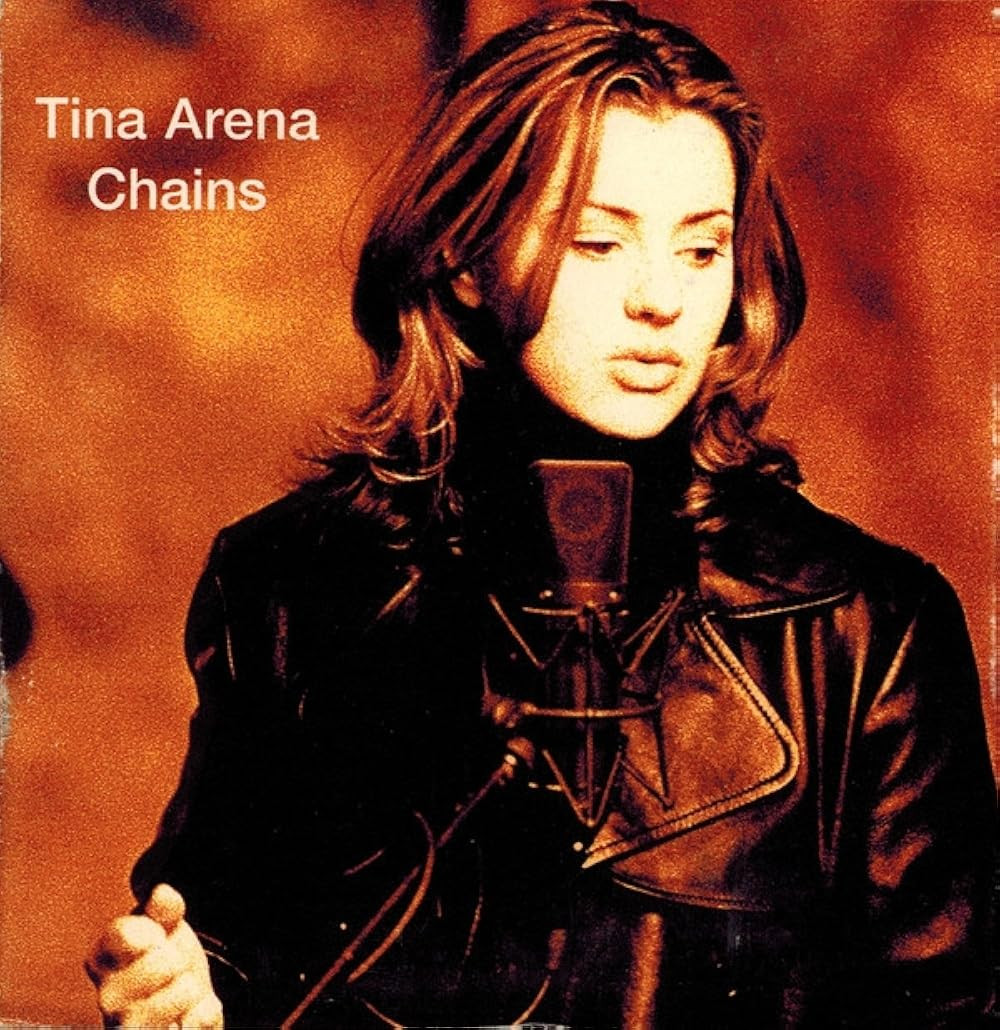Olympic athlete Rebecca Cheptegei has died days after being doused in petrol and set on fire by a former boyfriend. The 33-year-old Ugandan marathon runner, who competed in the recent Paris Olympics, had suffered extensive burns after Sunday's attack.
The authorities in north-west Kenya, where Cheptegei lived and trained, said she was targeted after returning home from church with her two daughters. Her father, Joseph Cheptegei, said that he had lost a “very supportive” daughter. Fellow Ugandan athlete James Kirwa told the BBC about her generosity and how she had helped out other runners financially.
Cheptegei, from a region just across the border in Uganda, is said to have bought a plot in Trans Nzoia county and built a house to be near Kenya's elite athletics training centres. The couple was heard arguing outside their house before the fire, according to a report filed by a local administrator. The altercation was allegedly about a piece of land. Police say an investigation is under way.
The Ugandan Athletics Federation paid tribute to Cheptegei in a post on X, which said: “We are deeply saddened to announce the passing of our athlete, Rebecca Cheptegei early this morning who tragically fell victim to domestic violence. As a federation, we condemn such acts and call for justice. May her soul rest in Peace.”
Uganda Olympic Committee President Donald Rukare called the attack “a cowardly and senseless act that has led to the loss of a great athlete.”
Kenya's Sports Minister Kipchumba Murkomen said the government would ensure justice for Cheptegei. “This tragedy is a stark reminder that we must do more to combat gender-based violence in our society, which in recent years has reared its ugly head in elite sporting circles,” he wrote in a statement.
Cheptegei’s death has sparked outrage and calls for justice in Uganda and Kenya. Her death comes after the killings of fellow East African athletes Agnes Tirop in 2021 and Damaris Mutua the following year, with their partners identified as the main suspects in both cases by the authorities.
Tirop's husband is currently facing murder charges, which he denies, while a hunt for Mutua's boyfriend continues. “Today has been a sad moment for me. It has been a sad moment for athletes because it really reminded us [of] the day that Agnes was murdered,” Kenyan athlete Joan Chelimo told the BBC.
Chelimo is involved in Tirop's Angels, an organisation she said was set up as a “wake-up call” after Tirop's murder to address gender-based violence. “We say we need to unite together as athletes and just try to raise awareness, create a place where women can just come and speak up. But it is still on the rise.”
Cheptegei's friend Milcah Chemos-Cheywa, a Kenyan athlete who competed with her in Paris, echoed these feelings. “I can say we are still in shock, and we are in pain, especially as athletes, and this thing happening in Kenya,” she told the Reuters news agency. “We remember the case of Agnes Tirop, now it has come to Rebecca, so we are not happy.”
The Need to End Gender-Based Violence
Cheptegei’s death highlights the urgent need to address gender-based violence, not just in Kenya and Uganda, but around the world. Attacks on women are becoming increasingly common in Kenya. In 2022, a national survey found that at least 34% of women reported having experienced physical violence.
Different organisations within the UN have also spoken out on the issue. “We join the UN Population Fund and UN Women in strongly condemning [Cheptegei's} violent murder,” spokesperson for the UN secretary-general Stephane Dujarric is quoted by the AFP news agency as saying.
Speaking to journalists outside the hospital where she had been treated, Mr Cheptegei asked the Kenyan government to ensure justice was done after the death of his daughter. “We have lost our breadwinner,” he added and wondered how her two young children would “proceed with their education.”
Remembering Rebecca Cheptegei
Rebecca Cheptegei was a talented athlete who had a bright future ahead of her. She was a role model for many young people, particularly in Uganda. Her death is a tragedy that has shocked and saddened the world of athletics.
Cheptegei’s death is a reminder that gender-based violence is a serious problem that affects women and girls all over the world. It is a problem that we must all work together to address.
We can all do our part to help end gender-based violence. We can speak out against it, support organizations that are working to address it, and educate ourselves and others about the issue.




